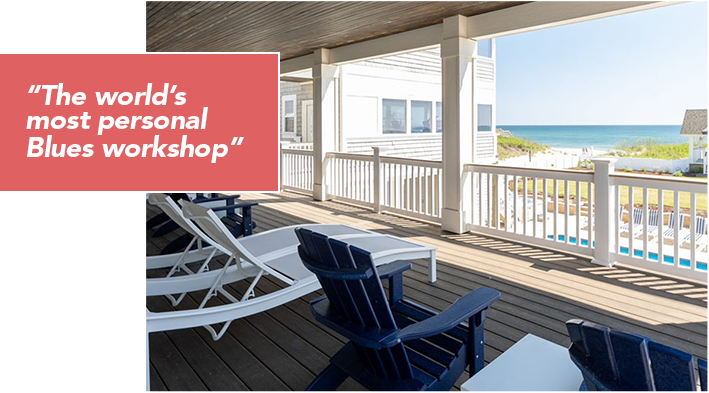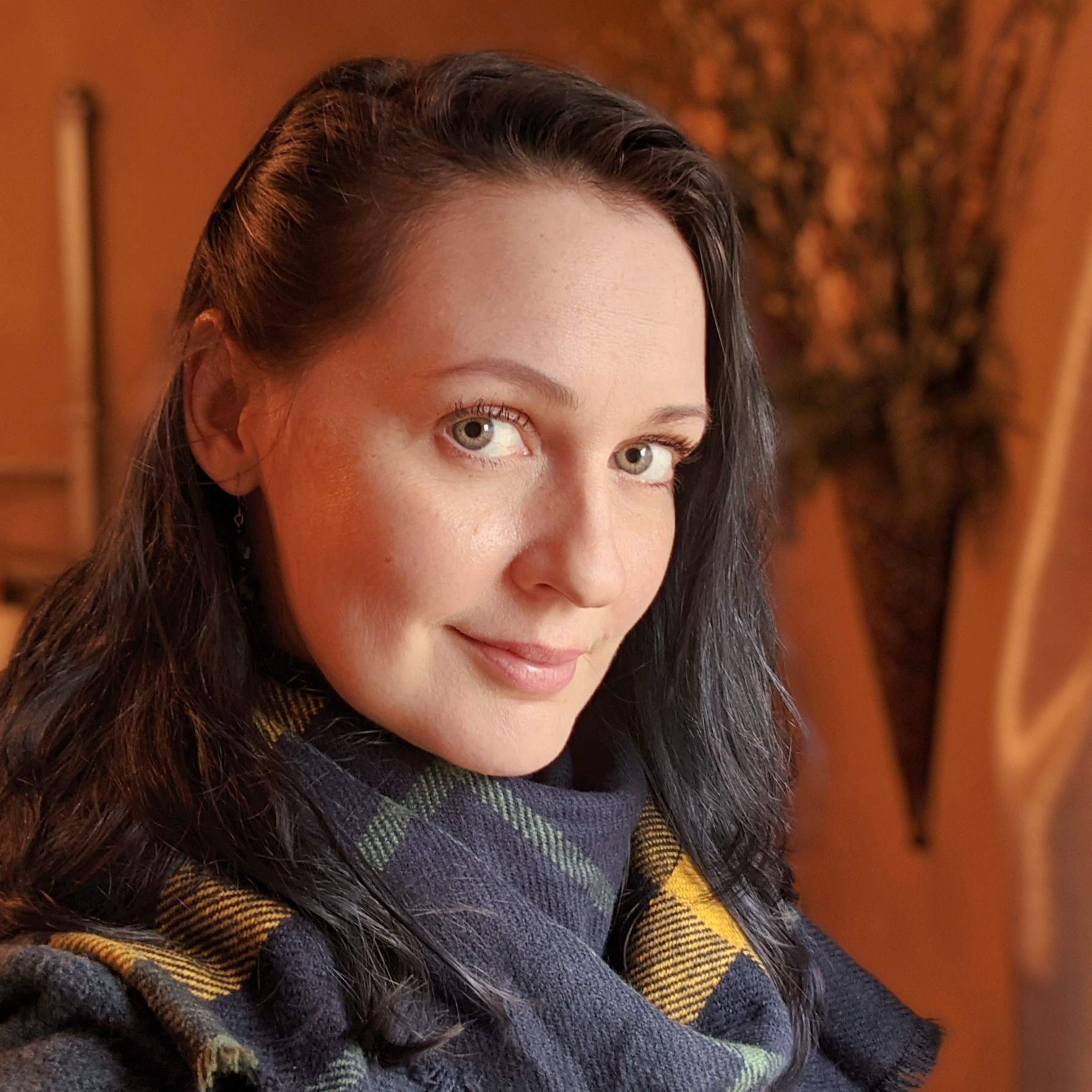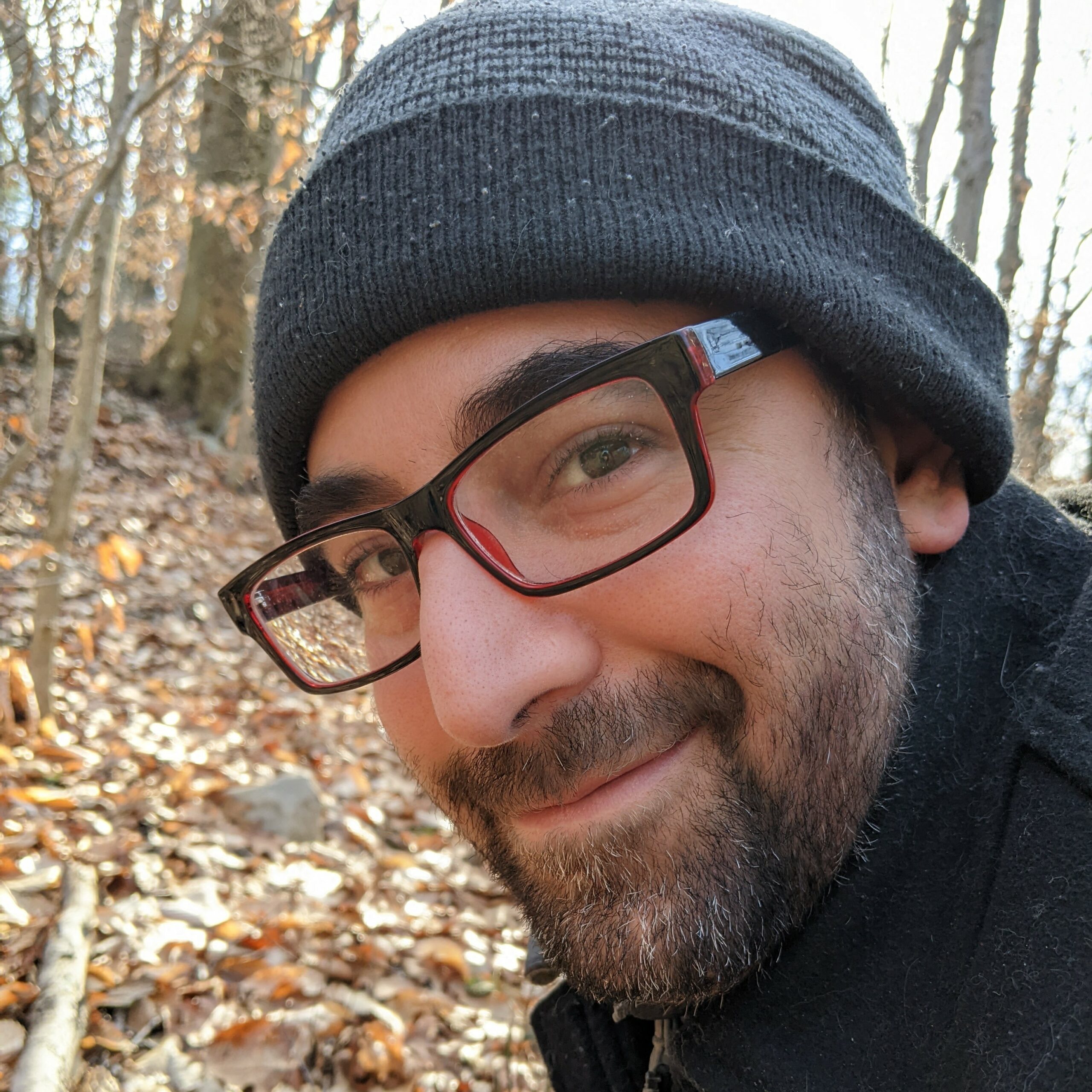The Blues Experiment
The Next Chapter

Multiple Blues Weeks!

Open to all levels!

New venue as of 2024.

Options for non-dancing
partners and children.
The Premise

Spend a week in a luxurious oceanfront beach house together with top international Blues dance professionals, special guests, and an intimate selection of your peers from around the world.

Multiple weeks accommodate different levels of experience and interests–from beginners through masters.

You choose what you want to work on, how, and with whom.

Get unparalleled one-on-one and small-group access to our team of Faculty & Guest Mentors.

Each day contains a balance of sessions with ample free time and open social dancing every night.
The FACULTY
Our Faculty are chosen together with the development of our unique format with a deliberate focus on producing the highest-quality learning environment.
Each week features a selection of at least four of the resident Faculty Mentors supplemented by additional Guest Mentors (exact configuration can vary week-to-week), with an unprecedented ratio of one Mentor per every six participants.

Julie Brown

Damon Stone

Mike Legenthal

Dan Repsch

Kelsy Stone

Dan Legenthal
The house
In 2024, The Experiment moved to its finest venue to date. Newly-constructed in 2019, the oceanfront beach house boasts around 16,000 square feet and an impressive range of features:

28 bedrooms & 33 bathrooms

Three kitchens

Gym/exercise room

Numerous spacious living rooms plus nooks for quiet retreat

Private pool & three hot tubs

Theater room

Arcade/game room

Free wifi & laundry

28 bedrooms & 33 bathrooms

Numerous spacious living rooms plus quieter sitting areas/nooks

Three kitchens

Gym/exercise room

Theater room

Arcade/game rooms

Pool/hot tubs
The Essentials
-
Dates
-
Location & Transportation
-
Daily Schedule
-
Accommodations
-
Meals
-
Pricing
Dates
Applications open in September for the following March/April. See the Admission Timeline on the Admissions page for the full set of this year's exact dates and deadlines.
(This general timeline has remained unchanged for well over a decade, minus the disruption around the pandemic.)
Location & Transportation
The Experiment is currently held in a private rental home* located in the remote Outer Banks region of North Carolina (specifically in the small town of Kill Devil Hills, NC), with nearest flights through Norfolk (ORF) airport. A charter bus is provided at the beginning and end of each week to make the near two-hour journey between the airport and house.
Charter Bus - The bus departs Norfolk (ORF) airport each Sunday promptly at 4 pm. (Flights should arrive before 2 or 3 pm to allow for luggage and at least minor delays; the bus cannot wait for you!) The return bus should arrive back to the airport the following Sunday around 12 noon. (Flights should depart no earlier than 2 pm to allow for bus delays and check-in/security.)
Airport Hotels - Those who cannot arrive or depart in time on the same day as the charter bus are recommended to stay at one of the hotels near ORF airport.
Driving - Those driving can either park at the airport and use the charter bus, or alternatively there is limited parking at the property* in Kill Devil Hills.
(* Due to conditions of our unique arrangement with the property owners, we are not at liberty to publish the address of the private home on our public website; rather, this and related details are made available in a private Participant FAQ.)
Daily Schedule
Each week consists of six days and seven nights starting on a Sunday evening and ending the following Sunday morning.
Each day begins with a late breakfast at 10 am, morning session at 11 am, and lunch at 1 pm, followed by several hours of afternoon free time. The second half of the day resumes with a late afternoon session at 4 pm, dinner at 6:30 pm, and the rest of the evening free with open social dancing starting around 9:30 pm.
This routine is broken up each week by a range of optional electives and non-dance activities, a formal night, and a morning off towards the second half of the week.
Accommodations
With the latest venue, virtually all bedrooms now have the same base physical configuration with only two people per room and a private bathroom. See the Accommodations section within the application form on the Admissions page for a detailed overview of accommodation options.
Meals
Standard admission includes three professionally catered meals each day on a fixed schedule. Meals are served buffet-style with separated ingredients whenever possible, including vegetarian/vegan, non-dairy, and low-carb options, along with basic drinks. A sample menu will be provided in advance so participants know what to expect and can plan accordingly.
Snacks - Outside of catered meals, participants are responsible to bring their own snacks or additional beverages. It is also a well-established tradition for attendees to bring regional or international delicacies and desserts–or the ingredients to make them–to share with fellow participants.
Public Kitchen - Separate from the main catering kitchen is a Public Kitchen available for participant use. This is mostly used for making coffee/espresso/tea and snacks that participants bring for between meals or late at night; although with the latest venue it is now a fully functional kitchen that individuals may occasionally cook in to meet their additional dietary needs. (Note the Public Kitchen is not stocked with any consumables.)
Grocery - As a courtesy, the charter bus from the airport stops at a grocery store (regional chain Harris Teeter) to make it easy for participants to pick up any desired snacks/beverages or supplemental groceries before being transported to the house.
Pricing
The base cost to participate for a week at The Experiment–which includes accommodations and meals for the entire week plus ground transportation–is $1285 total per person, split into two payments. See the Admission Timeline on the Admissions page for this year's exact payment schedule.
Refund Policy - See Terms & Conditions at the bottom of the Admissions page.
Payment Plans - The Experiment remains committed to offering payment plan options, negotiated with each participant upon acceptance based on their needs. (Ultimately if you are committed to participating, The Experiment is committed to finding a payment plan arrangement that works for both of us.)
The FAQ
The new venue was recently constructed and offers many advantages over previous options, including more overall space, greater accommodations and amenities, and even logistical advantages for backend operations (which should help us better meet some of the challenges of running an event since the pandemic).
In particular, the new configuration of accommodations will enable us to decrease to no more than two people per room, and provide more options for those who have expressed interest in bringing a non-dancing partner and/or children (including space for on-site childcare).
How are applications processed?
Apart from the unique setting and session formats, logistically in a sense The Experiment can be thought of just like any larger camp which has multiple tracks. These camps all have to determine the placement of participants within those tracks, commonly done through some form of ‘level test’, in conjunction with managing logistical constraints such as lead/follow balance and available space.
The main difference in this regard is simply that each track at The Experiment is a different week occupying different dates, which means the level test process has to somehow be done in advance and therefore online. Ultimately then the application process simply serves as a combination of typical event registration (including tracking important housing and dietary needs), plus essentially an online level test to determine placement (again, factoring in both dance level as well as logistical constraints such as available space and lead/follow balance).
Applications are reviewed and sorted across multiple stages by a panel of approximately eight to ten judges (with occasional consultations with outside advisors), in a process which typically takes over a month and 50+ man-hours each year. All participants are required to go through this application process each and every year without exception.
No! The Experiment has never used any form of closed invitations and has always been open for anyone to apply through a public application process. In fact all participants are required to go through the standard application process each and every year without exception.
Yes! For over a decade we have been consistently expanding the number of weeks and developing our unique formats to accommodate an ever-increasing range of dancers. This experience has culminated in our ability and confidence to now welcome the full set of all levels, from beginners through masters.
(While unfortunately the number of weeks in a given year has to be decided long before applications can be collected for that year, application numbers from previous years are used to determine the number of weeks in the following year. More applications this year means more weeks and spots next year.)
No! While The Experiment does attract many participants who may be known elsewhere as teachers or competitors, the program has always been open for anyone to apply and to choose what they want to work on, including many who are only interested in working on their social dancing.
No! Applicants have never required a partner in order to apply or participate, and around half of all participants attend without one.
What is the Refund Policy?
The answers to these and similar type questions are now located in the Terms & Conditions section at the bottom of the Admissions page.
How can I pick a week?
Candidates apply to the program and are grouped/placed into a specific week as part of the acceptance process. It is not possible to apply for a specific week and in fact the configuration of the weeks (which one is which) is not predetermined and can change from year to year.
Each week features one or two Head/Guest DJ(s) who may coordinate music together with participants who volunteer to DJ. Volunteering is very relaxed and informal, with a chance to talk to the Head DJ in person about your range of experience and comfort before being given any DJ slots (normally just 30-60 minutes at a time).
See the Families section within the application form on the Admissions page for a detailed overview of possible options.
Each week has a few dedicated support staff positions (in addition to the set of participants) to help perform daily household maintenance. These are highly sought-after, full-time volunteer positions which offer another opportunity to support and be a part of The Experiment, including living in the house with everyone and social dancing in the evenings. However unlike a paying participant, support staff cannot participate in sessions (although they can audit/listen in on portions of them).
Conversely, as an unfortunate consequence of the format, The Experiment is unable to offer work-trade opportunities–i.e. volunteering in exchange for a discount–as each week requires the complete set of fully-paying participants to operate.
If interested, please complete the following form: Request to Join Support Staff. Note that support staff are not usually determined until sometime in December or January (after enrollment has been finalized).
The ARCHITECTS
The Blues Experiment is a collaboration between Mike "The Girl" Legenthal–international Blues dance professional and overall amazing person, as well as a multi-year alumnus of The Balboa Experiment–and David Rehm, original Founder and Director of The Experiment. Mike asked, "What if?"; David replied, "Sure, why not?"; seemingly everyone else responded, "Wait, really?"–and ultimately it worked better than anyone could have imagined.
(Internally by now all weeks are just, "The Experiment", with the ratio of Blues weeks to Balboa weeks simply determined by the ratio of Blues applications to Balboa applications.)

